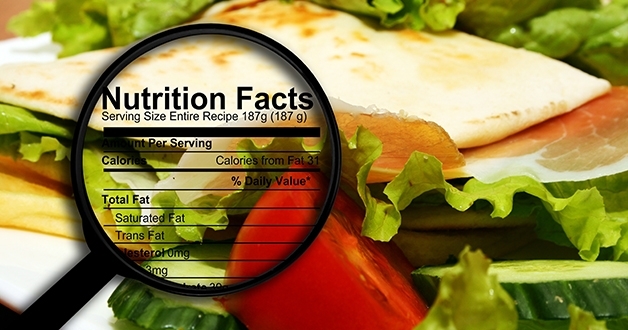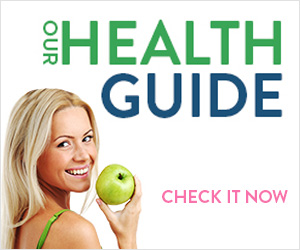
Read the label:
0
1569
There are several hundred supplements that are used by almost all food manufacturers. All food additives are identified in accordance with "International Standards for Additives and Admixtures".
Each label is printed with a list of the E's in it.
Not all E is dangerous, and some are even used for the body.
E100-E182 are paints (improve product color).
E200-E299 are preservatives (sterilizing additives, protect the products from microbes and fungi).
E300-E399 are antioxidants (protect the product from the color change, drying, ranching).
E400-E499 are stabilizers and thickeners (preserve the required consistency of the product, increase its viscosity).
E500-E599 are emulsifiers (to maintain homogeneity of product consistency to prevent stratification). E600-E699 are flavor and smell flavors (give the products more intense flavor and aroma).
E900-E999 - antifoams and propellants, sweeteners, moisturizers (to prevent product drying), packing gases E1100-E1105 are enzyme preparations.
Thus, from the first digit of the E, one can easily understand which class is:
1 - Colors
2 - Preservatives
3 - Antioxidants
4 - Stabilizers and thickeners
5 - Emulsifiers
6 - Flavors and flavorings
9 - Food supplements for various purposes (anti-foaming agents, sweeteners, humectants)
11 - Enzyme preparations
Some have been used for centuries in the food industry, for example, acetic acid (E260) and bread baking soda (E500). E100 - dyeing food with curcumin, is found on the label curry spices, sauces, ready meals with rice, jams, canned fruit, fish paste.
Also, E504 is magnesium carbonate used as a baking powder, it can be contained in cheese, chewing gum, salt ...
There are E, which are recognized as absolutely harmless but in small quantities. However, overdosing of even the most beneficial substance can cause quite unpleasant consequences.
For example, the daily dose of vitamin C should not exceed 90 mg. But in many juices and nectars, there are up to 40 mg of ascorbic acid in 100 ml of product, so it can easily exceed a daily dose.
An overdose of vitamin C can cause problems with the digestive tract, dizziness, heartburn, allergic reactions. Therefore, it is best to keep track of which E and what quantities are contained in the food and beverage labels.


